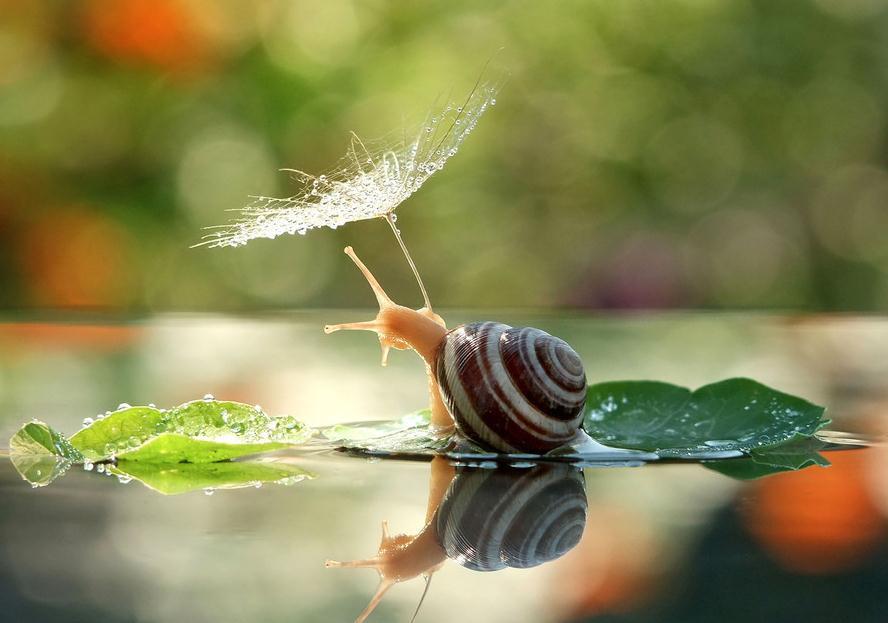(Sanskrit, literally “self”) An ancient and important word that is grossly misinterpreted in much of Hinduism and Buddhism. Many have misunderstood this word as referring to a permanently existing self or soul. Yet the true meaning is otherwise.
“Brahman, Self, Purusha, Chaitanya, Consciousness, God, Atman, Immortality, Freedom, Perfection, Bliss, Bhuma or the unconditioned are synonymous terms. – Swami Sivananva
Thus, Atman as “self” refers to a state of being “unconditioned,” which is related to the Absolute, the Ain Soph, or the Shunyata (Emptiness). Thus, Atman refers to the Innermost, the Spirit, the Son of God, who longs to return to that which is beyond words.
Atman, in Himself, is the ineffable Being, the one who is beyond time and eternity, without end of days. He does not die, neither reincarnates (the ego is what returns), but Atman is absolutely perfect. – Samael Aun Weor
In general use, the term Atman can also refer to the spirit or sephirah Chesed.
The Being Himself is Atman, the Ineffable. If we commit the error of giving the Being the qualifications of superior “I,” alter ego, subliminal “I,” or divine ego, etc., we commit blasphemy, because That which is Divine, the Reality, can never fall into the heresy of separability. Superior and inferior are two sections of the same thing. Superior “I” or inferior “I” are two sections of the same pluralized ego (Satan). The Being is the Being, and the reason for the Being to be is to be the same Being. The Being transcends the personality, the “I,” and individuality. Samael Aun Weor
Bliss is the essential nature of man. The central fact of man’s being is his inherent divinity. Man’s essential nature is divine, the awareness of which he has lost because of his animal propensities and the veil of ignorance. Man, in his ignorance, identifies himself with the body, mind, Prana and the senses. Transcending these, he becomes one with Brahman or the Absolute who is pure bliss. Brahman or the Absolute is the fullest reality, the completest consciousness. That beyond which there is nothing, that which is the innermost Self of all is Atman or Brahman. The Atman is the common Consciousness in all beings. A thief, a prostitute, a scavenger, a king, a rogue, a saint, a dog, a cat, a rat-all have the same common Atman. There is apparent, fictitious difference in bodies and minds only. There are differences in colours and opinions. But, the Atman is the same in all. If you are very rich, you can have a steamer, a train, an airship of your own for your own selfish interests. But, you cannot have an Atman of your own. The Atman is common to all. It is not an individual’s sole registered property. The Atman is the one amidst the many. It is constant amidst the forms which come and go. It is the pure, absolute, essential Consciousness of all the conscious beings. The source of all life, the source of all knowledge is the Atman, thy innermost Self. This Atman or Supreme Soul is transcendent, inexpressible, uninferable, unthinkable, indescribable, the ever-peaceful, all-blissful. There is no difference between the Atman and bliss. The Atman is bliss itself. God, perfection, peace, immortality, bliss are one. The goal of life is to attain perfection, immortality or God. The nearer one approaches the Truth, the happier one becomes. For, the essential nature of Truth is positive, absolute bliss. There is no bliss in the finite. Bliss is only in the Infinite. Eternal bliss can be had only from the eternal Self. To know the Self is to enjoy eternal bliss and everlasting peace. Self-realisation bestows eternal existence, absolute knowledge, and perennial bliss. None can be saved without Self-realisation. The quest for the Absolute should be undertaken even sacrificing the dearest object, even life, even courting all pain. Study philosophical books as much as you like, deliver lectures and lectures throughout your global tour, remain in a Himalayan cave for one hundred years, practise Pranayama for fifty years, you cannot attain emancipation without the realisation of the oneness of the Self. – Swami Sivananda
